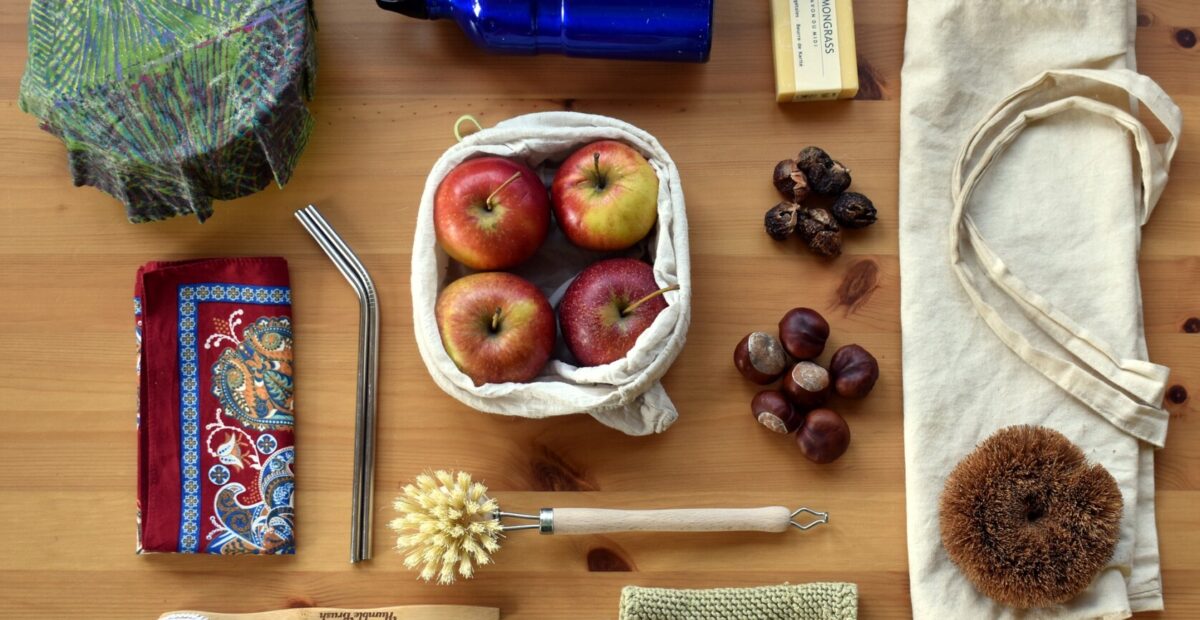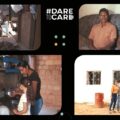
Workshop
Zero Waste: a ‘Dare to Care’ lifestyle

An interview with Fátima Langeck, ambassador for the Brazilian Zero Waste Institute, who tells us about the concept of ‘Zero Waste’.
This year, the Dare to Care campaign invites us to take a difficult but necessary step: our ecological conversion. We want to look at the word ‘conversion’ – usually employed in religious contexts – in its deeper meaning of transformation and change in lifestyle, because change in favour of planet Earth is now indispensable.
We want to dare to care through ecological conversion. The goal is to protect not only the environment, but also the people, in order to put an end to the exploitation, violence, extinction, natural disasters and crises we are witnessing everywhere in the world. Because the truth is that we are all connected, we are inseparable from one another and from nature.
Therefore, change can start with us, with our own conversion, which can then attract and inspire others, creating collective change and a visible impact.
But where do we start?
How about starting from our daily habits, such as the waste we produce? It is a simple, yet problematic issue: the concept of waste as we know it is the result of a historical and cultural phenomenon, because rubbish bins don’t exist in nature – the concept of ‘throwing away’ is a human invention.
Nature has creative ways of reusing everything it produces: everything that dies is reborn again, and what is not useful to one living being is indispensable to another. As Antoine-Laurent Lavoisier put it: “In nature nothing is created, nothing is lost, everything changes”. We, too, need to learn to stop producing rubbish, to live ‘zero waste’.
We spoke to Fátima Langbeck from Brazil, the ambassador for Instituto Lixo Zero Brasil (Zero Waste Institute of Brazil), a member of ZWIA – Zero Waste International Alliance, who introduced us to the concept of Zero Waste. A Zero Waste lifestyle is about reducing consumption, reusing things for as long as possible, then disposing of them in a correct and sustainable way, so that they don’t end up in the ‘bin’ but get a new life, just as everything does in our planet’s natural cycle.






